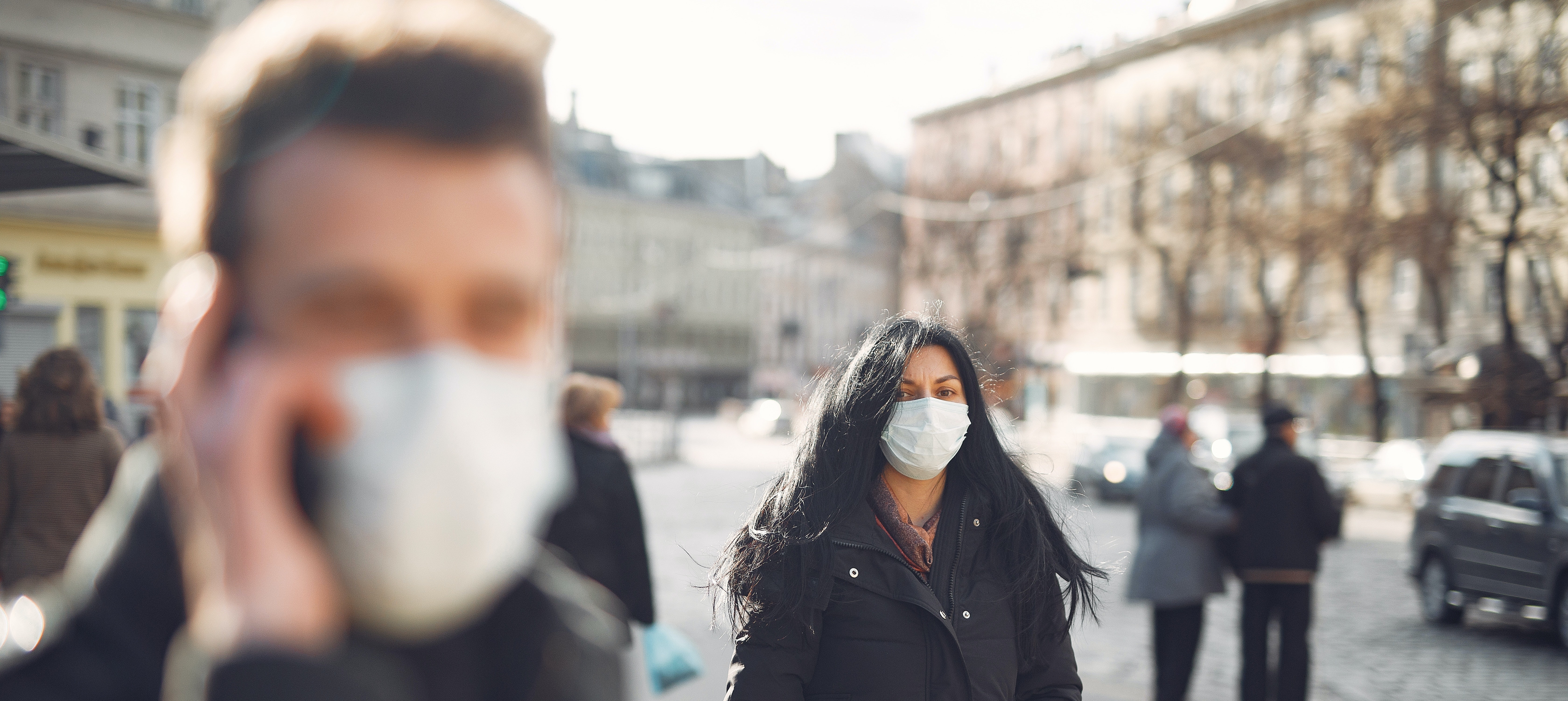Press Release - Twin Crises: The Economic Impact of COVID-19 and Americans’ Outlook for the Future

Provides key findings from a recent Work Trends study on Americans' views of the economic impact of the pandemic and American workers' views of the future.
FOR IMMEDIATE RELEASE
Thursday January 28, 2021
CONTACTS
Professor Carl Van Horn, vanhorn@rutgers.edu / (848) 932-1153
Robb C. Sewell, Communications Manager, rcsewell@ejb.rutgers.edu
The report with methodological statement is available at the following link:
https://heldrich.rutgers.edu/sites/default/files/2021-03/Work_Trends_Twin_Crises_January_2021.pdf
New Brunswick, NJ -
As Joe Biden begins his presidency and confronts the twin crises of the COVID-19 pandemic and the economic recession, a national survey of Americans finds:
- 9 in 10 Americans (91%) are concerned, worried, or scared when thinking about themselves, their families, and the national economy. Just 1 in 10 of supporters of both political parties are unconcerned (9% of Democrats and 10% of Republicans).
- 1 in 2 Americans are worried about their ability to financially support their families (53%) and one quarter of Americans (26%) say they “often don’t have enough money to make ends meet.”
- More than half of Americans say they are very or somewhat concerned about the amount of stress in their lives (63%).
- While Americans are profoundly concerned about the pandemic’s impact on the economy, they are less concerned about the job market and job security than they were in January 2013 and as the economy struggled to recover from the Great Recession.
- A slim majority of Americans surveyed at the end of 2020 are optimistic that overall economic conditions will improve in 2021 (46%). A third (30%) are concerned that conditions will deteriorate, and the rest expect no change (24%).
- Most Americans say that the U.S. economy is undergoing fundamental and lasting changes, rather than a temporary downturn, which are similar to opinions gathered in a Work Trends survey of Americans 10 years ago. Less than half of Americans think jobs, careers, and employment will be better for the next generation.
- 8 in 10 Americans say the political parties in government working together to repair the economy is important. Large majorities — ranging from 80% to 95% — support government spending on infrastructure projects, aid to small businesses, temporary community service jobs, paid family leave, and aid to state and local governments to avert layoffs of essential workers (see Healing the Wounded Economy).
The Heldrich Center for Workforce Development’s December 2020 Work Trends survey, Twin Crises: The Economic Impact of COVID-19 and Americans’ Outlook for the Future, explored Americans’ opinions during a deep recession and public health crisis. The study reports the results from a national sample of over 800 respondents in a general population survey conducted between December 4 and 14, 2020 and has a sampling error of +/- 3.77%. The report also compares findings from the post-election survey with a pre-election survey conducted between October 21 and November 1, 2020 and with Heldrich Center surveys conducted during and after the Great Recession.
Professor Carl Van Horn, Director of both the Heldrich Center and the Work Trends project, commented, “Americans are experiencing dire financial and emotional trauma from the pandemic-driven recession and worry that these negative realities will linger for many years.”
Among other findings of the Rutgers University-based survey are:
- More than 1 in 2 Americans say jobs moving overseas, competition from other countries, and the government in Washington, D.C. are major threats to the country’s workers. The results are unchanged from opinions measured in 2018 when unemployment was at historic lows, revealing underlying anxieties about the economic future of the country.
- While 9 in 10 Democrats (91%) and Republicans (90%) are concerned, worried, or scared about the economy, Democrats are more likely to say the economy will improve next year (73%) than Republicans (24%). In fact, 1 in 2 Republicans say economic conditions will be worse (53%).